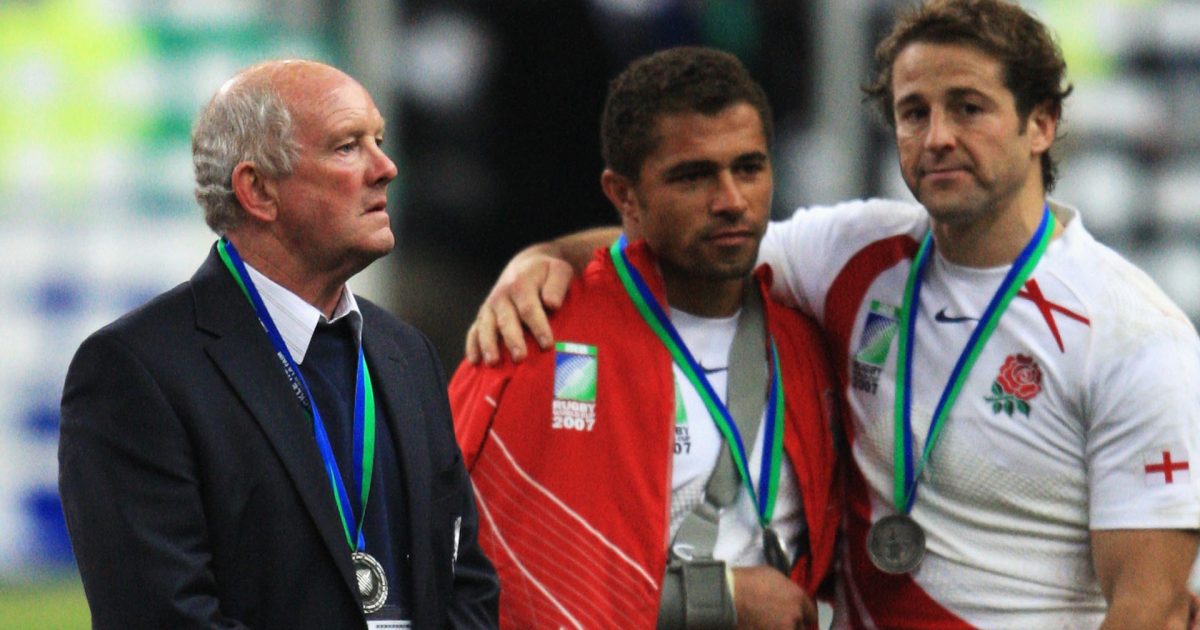On This Day: Brian Ashton handed reprieve as England head coach

England head coach Brian Ashton was reappointed following an in-depth review into the state of the national team on this day in 2007.
Ashton had been set to lose his job following England’s World Cup final defeat by South Africa but earned a reprieve, with Rob Andrew’s recommendation to keep England’s core World Cup coaching team in place approved by the Rugby Football Union’s management board.
Andrew said: “I’m delighted that Brian and his coaching team will remain with England – and like them, I’m looking forward to what will be a challenging international year in 2008.”
Within days of England losing the World Cup final to South Africa, it appeared as if Ashton’s time as head coach was up.
The RFU was not willing to back its man until Andrew, the elite rugby director, had conducted his post-tournament review.
He did not stay in the job much longer, though, and left in April 2008 shortly after England finished second behind Wales in the Six Nations, with former captain Martin Johnson taking charge of the team.
Ashton, now 75, held several low profile coaching roles after his exit but did not work at the top level again.






























